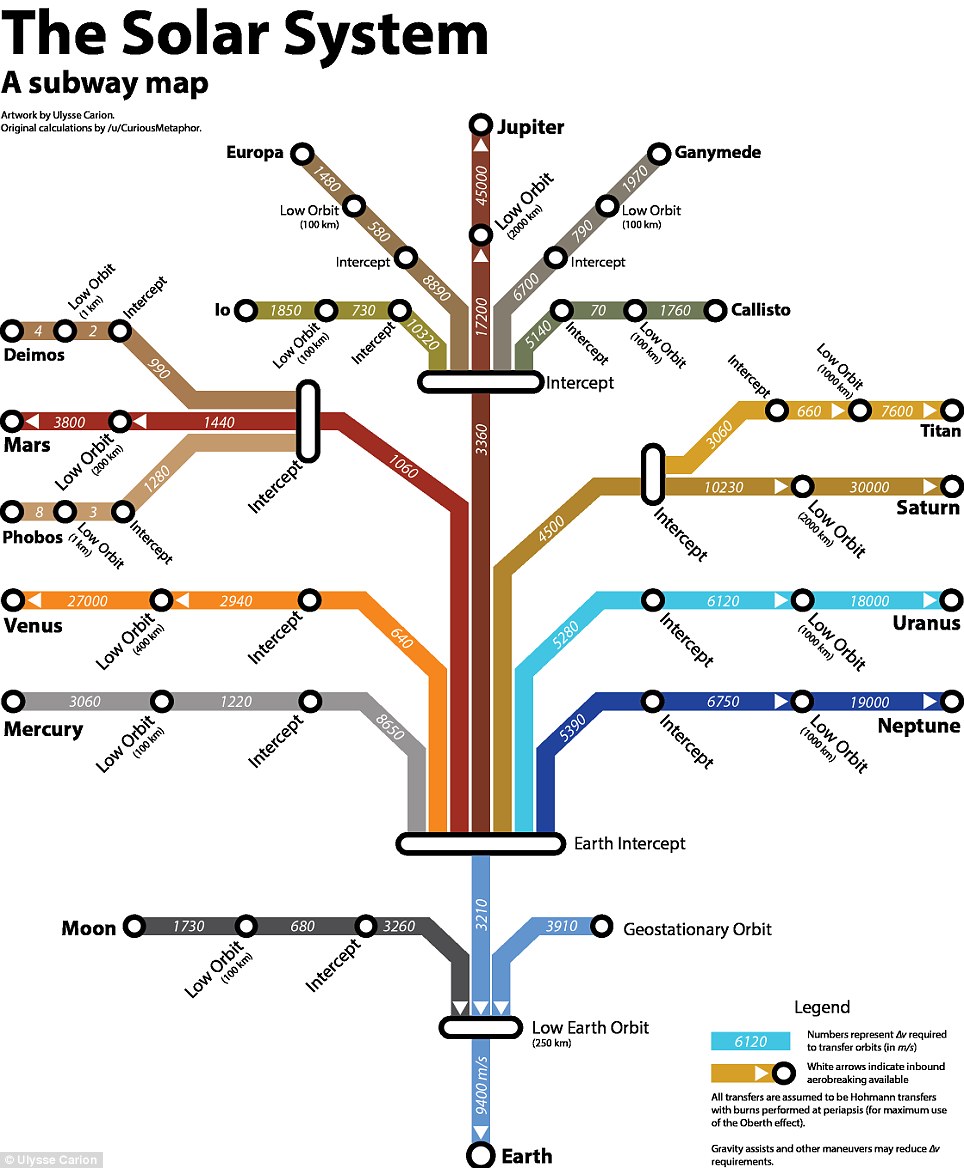
Originally shared by Gerry Miller
I thought this was kinda cool

Originally shared by Gerry Miller
I thought this was kinda cool
Originally shared by Mary Paniscus

I’m very sorry to wax political, but unfortunately, the times seem to require it.
Originally shared by Rugger Ducky
This is Army of God’s website. Just now. If you’re confused who they are, they’re a violent anti-abortion Christian terrorist organization. They hid and protected Eric Rudolph through his years hiding from law enforcement.
I’ve had at least a dozen white Christian men tell me today there is no active hate machine determined to murder abortion providers. And certainly not in the name of their god.
Of course they’re all applauding yesterday’s murders.
Because they aren’t pro life. They aren’t Christians. They’re hateful people looking for any excuse to hate someone. And this gives them the twisted belief that they’re saving people.
a bit of a counterweight to the Bernie Fever…
Originally shared by Steve S
You know idolization is going on when people start with their notion of perfection and project it onto their target to fill in all the blanks in their knowledge.
Reality:
“””
But on his home turf in Vermont, … gay rights advocates say Mr. Sanders was less than a leader, and not entirely present, on the issue.
“””
In 1996, his office explained that he voted against the Defense of Marriage Act because it infringed on states’ rights, traditionally a conservative argument.
“””
“I don’t think anybody thought about Bernie Sanders,” said Jan Backus, a state senator at the time who called Mr. Sanders “invisible on the issue.”
“””
But getting the state’s congressman to express his position on gay marriage was like “pulling teeth … from a rhinoceros,” wrote the Vermont publication Seven Days.
“””
Mr. Sanders was not “a real active participant in the fight” for civil rights, said David Moats, the author of “Civil Wars,” who won a Pulitzer Prize for his editorials on the issue in The Rutland Herald.
“””
When it came time for Mr. Sanders to speak, he deplored the demonization of gay people but complained that the virulent opposition to civil unions diverted attention from prescription drug costs, health care and other economic issues.
“There are a dozen other issues out there that are as important or more important as that issue,” he said.
“””
Asked in a debate against his Republican opponent whether the federal government should overturn laws on same-sex marriage, he argued that it was a states’ rights issue. When asked by a reporter whether Vermont should legalize same-sex marriage, he said, “Not right now, not after what we went through.”
“””
In 2009, the Vermont legislature overrode a governor’s veto and passed legislation that explicitly recognized same-sex marriages and extended more rights to same-sex couples. That year Mr. Sanders articulated his support for gay marriage.
“””
But as Mr. Sanders tells it, he was a champion on the issue for decades. “Twenty years have come and gone, and as the conservative Supreme Court said, everybody’s entitled to get marriage,” he said in the interview. “So what does it mean to be 19 years ahead of the curve?”
“””
Look, it was only recently that politicians could openly support same-sex marriage without shooting themselves in the foot, so this isn’t really about whether, all things being equal, he supported same-sex marriage. Even Obama had to pretend to “evolve” on the issue, and then only after Biden’s rainbow balloon was floated successfully.
The real issue is that Sanders is a real person, and a real politician, not some fucking leftist unicorn. When I speak with his supporters, I often feel that I’m comparing an actual human being in the form of Clinton with an imaginary idol named Sanders, and this disconnect from reality is unhealthy.
(Oh, and a shout-out to that asshole, +Ole Olsen, who’s done his level best to prop up the myth and hide the man. He’s the GOP’s best friend among progressives.)
From “Climate Wars: The Fight for Survival as the World Overheats”
by Gwynne Dyer. This is a worst case business-as-usual scenario:
‘Scenario 1
The Year: 2045
Average global temperature: 2.8 degrees Celsius higher than 1990
Global population: 5.8 billion.
‘Since the final collapse of the European Union in 2036, under the stress of mass migration from the southern to the northern members, the reconfigured Northern Union (France Benelux, Germany, Scandinavia, Poland and the old Hapsburg domains in central Europe) has succeeded in closing its borders to any further refugees from the famine-stricken Mediterranean countries. Italy, south of Rome, has been largely overrun by refugees from even harder hit north African countries and is no longer part of an organised state, but Spain,
Padania (northern Italy) and Turkey have all acquired nuclear weapons and are seeking (with little success) to enforce food sharing on the better-fed countries of northern Europe. Britain, which has managed to make itself just about self-sufficient in food by dint of a great national effort, has withdrawn from the continent and shelters behind its enhanced nuclear deterrent.
‘Russia, the greatest beneficiary of climate change in terms of food
production, is the undisputed great power of Asia. However, the
reunification of China after the chaos of the 2020s and the 2030s poses a renewed threat to its Siberian borders, for even the much reduced Chinese population of eight hundred million is unable to feed itself from the country’s increasingly arid farmland, which was devastated by the decline of rainfall over the north Chinese plain and the collapse of the major river systems. Southern India is re-emerging as a major regional power, but what used to be northern India, Pakistan and Bangladesh remain swept by famine and anarchy, due to the collapse of the flow in the glacier-fed Indus, Ganges and Brahmaputra rivers and the increasingly frequent failure of the monsoon. Japan, like Britain, has withdrawn from its continent and is an island of relative prosperity bristling with nuclear weapons.
‘The population of the Islamic Republic of Arabia, which had risen to forty million, fell by half in five years after the exhaustion of the giant
Ghawar oil field in 2020, and has since halved again due to the exorbitant price of what little food remains available for import from any source. Uganda’s population, 5 million at independence in 1962, reached 110 million in 2030 before falling back to 30 million, and the majority of the survivors are severely malnourished. Brazil and Argentina still manage to feed themselves, but Mexico has been expelled from the North American Free Trade Area, leaving the United States and Canada with just enough food and water to maintain at least a shadow of their former lifestyles. The wall along the US-Mexican border is still holding.
‘Human greenhouse-gas emissions temporarily peaked in 2032, at 47 percent higher than 1990, due largely to the dwindling oil supply and the Chinese Civil War. However, the release of thousands of megatons of methane and carbon dioxide from the melting permafrost in Arctic Canada, Alaska and Siberia has totally overwhelmed human emissions cuts, and the process has slid beyond human ability to control. The combined total of human
and’-neo-natural’ greenhouse-gas emissions continues to rise rapidly, and the average global temperature at the end of the century is predicted to be 8 or 9 degrees Celsius higher than 1990.’
Greybeard in command…
Originally shared by Venus Panthar
If you have not heard Jimmy Herring before – you are in for a mega big time ear treat!!! Check out this #Beatles cover of “Within You Without You” (2020) AWESOME #Live perfomance!!
#guitarsolo #GuitarInstrumental #GuitaristsCommunity #MusiciansCommunity #Music #MusicVideo

Originally shared by Eph Phillips
Originally shared by rare avis
The notion that animals think and feel may be rampant among pet owners, but it makes all kinds of scientific types uncomfortable.
“If you ask my colleagues whether animals have emotions and thoughts,” says Philip Low, a prominent computational neuroscientist, “many will drop their voices to a whisper or simply change the subject. They don’t want to touch it.” Jaak Panksepp, a professor at Washington State University, has studied the emotional responses of rats. “Once, not very long ago,” he said, “you couldn’t even talk about these things with colleagues.”
That may be changing. A profusion of recent studies has shown animals to be far closer to us than we previously believed — it turns out that common shore crabs feel and remember pain, zebra finches experience REM sleep, fruit-fly brothers cooperate, dolphins and elephants recognize themselves in mirrors, chimpanzees assist one another without expecting favors in return and dogs really do feel elation in their owners’ presence.
In the summer of 2012, an unprecedented document, masterminded by Low — “The Cambridge Declaration on Consciousness in Human and Nonhuman Animals” — was signed by a group of leading animal researchers in the presence of Stephen Hawking. It asserted that mammals, birds and other creatures like octopuses possess consciousness and, in all likelihood, emotions and self-awareness.
Scientists, as a rule, don’t issue declarations. But Low claims that the new research, and the ripples of unease it has engendered among rank-and-file colleagues, demanded an emphatic gesture. “Afterward, an eminent neuroanatomist came up to me and said, ‘We were all thinking this, but were afraid to say it,’” Low recalled.
It is not the habit of researchers to speculate broadly about the implications of their work; even groundbreaking studies tend to light up grottoes of data without revealing an overall vista. “We’re on the same page in general, but not at all on the specifics,” said Panksepp, who was a signatory of the declaration.
“As far as science is concerned, animal thought remains at the argumentative level.” Low readily admits that scientists have not even been able to agree on a working definition of consciousness. “When we were discussing the declaration, we agreed to shelve that issue for the time being,” he told me.
Though he follows the research, Virga, 56, is not a researcher; his convictions about animal individuality predate the recent science. And while the hypotheses and theories about animal cognition are fascinating to consider, they aren’t always germane to a behaviorist crouching behind a barn door amid a row of trash cans while being charged by a 700-pound takin — a hirsute Tibetan goat-antelope with a not-trivial set of horns — named Chopper.
Zoos contact Virga when animals develop difficulties that vets and keepers cannot address, and he is expected to produce tangible, observable results. Often, the animals suffer from afflictions that haven’t been documented in the wild and appear uncomfortably close to our own: He has treated severely depressed snow leopards, brown bears with obsessive-compulsive disorder and phobic zebras.
“Scientists often say that we don’t know what animals feel because they can’t speak to us and can’t report their inner states,” Virga told me.
“But the thing is, they are reporting their inner states. We’re just not listening.”
more







Originally shared by Jürgen Hubert
I do not get warm and fuzzy feelings upon reading this. In fact, pretty much the opposite.